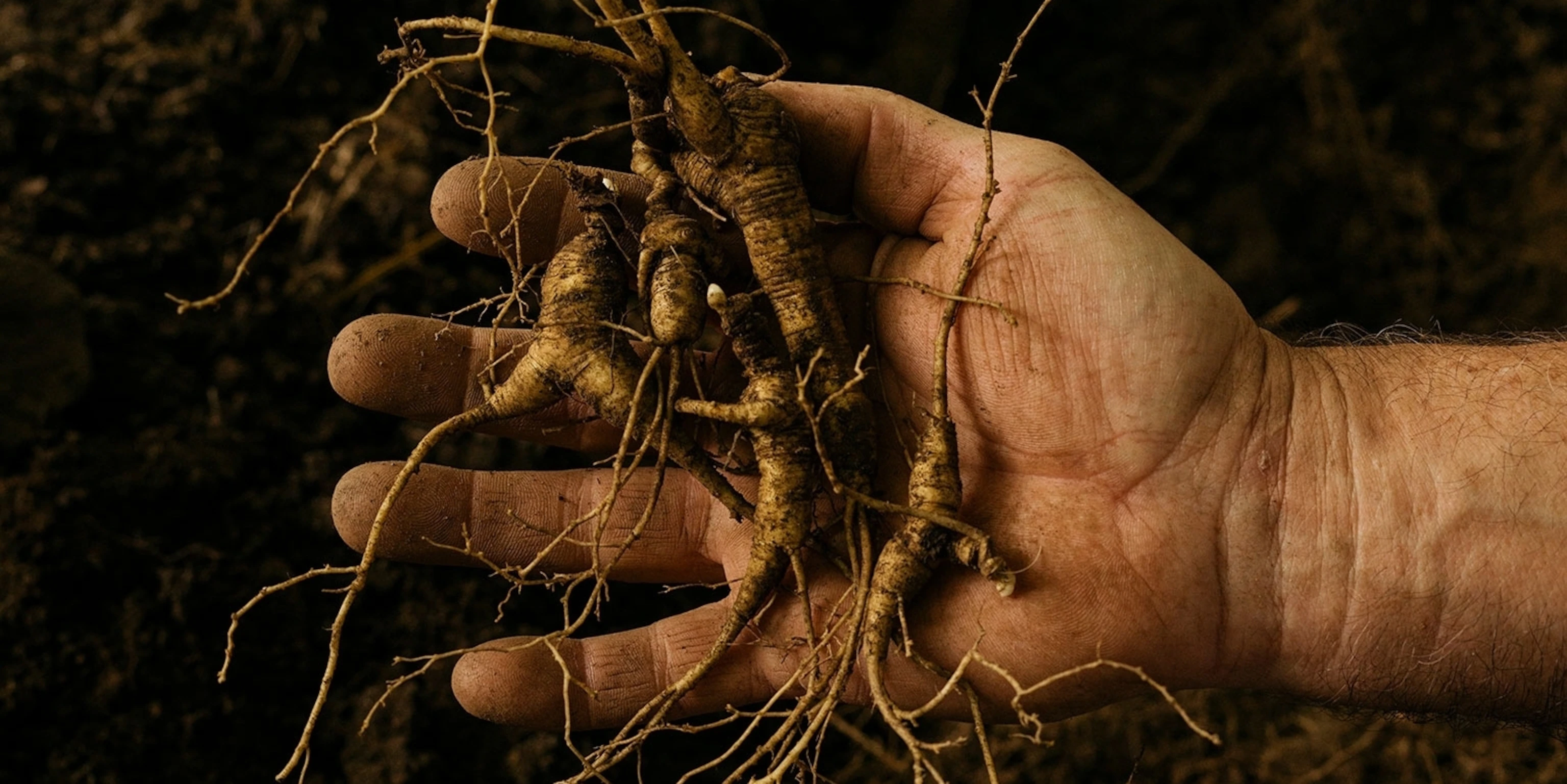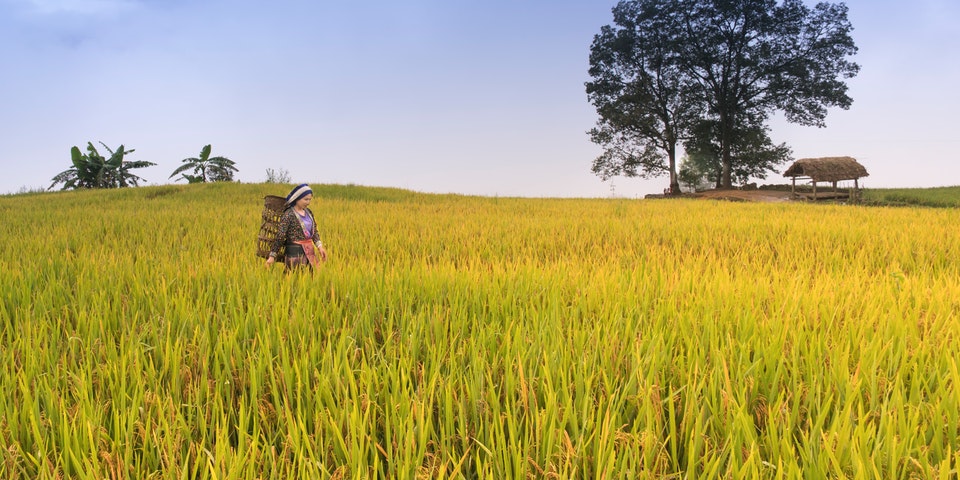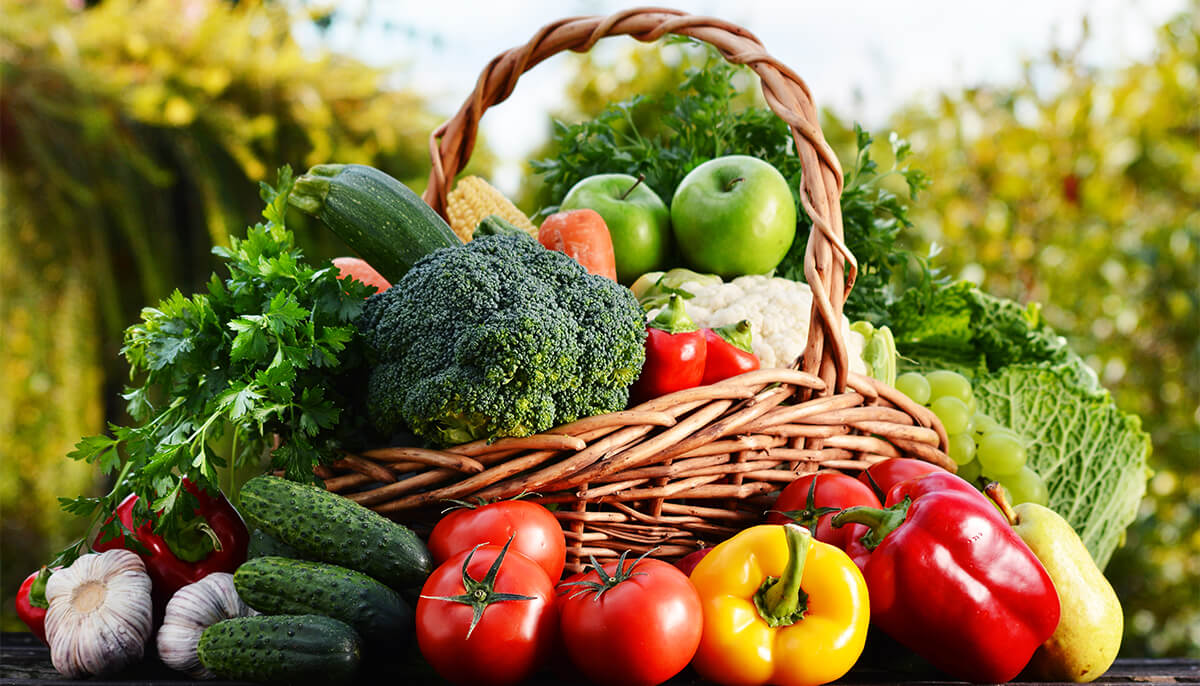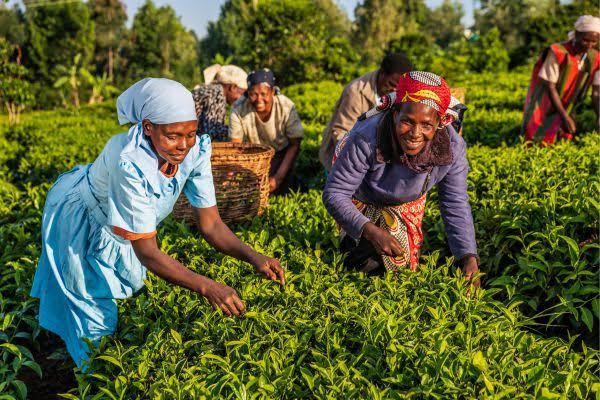Amy Shi knows her enemy. Now she must learn to defeat it.
A plant pathologist specializing in ginseng, Shi’s battleground is deep in the soil, where a fungal pathogen known as Ilyonectria mors-panacis is dead set on rotting the root of what was once Ontario’s most lucrative export crop.
Shi is trying to tame replant disease, which leaves farmland unable to produce a successful ginseng crop more than once.
After an initial harvest within three to five years, future attempts to grow ginseng — a root used as a supplement in traditional Chinese herbal medicine — produce a withered and rotten crop.
How the fungus gets into the soil is the question Shi has yet to answer.
“That’s the mystery,” she told The Spectator from her lab at the Simcoe Agricultural Research Station.
“It has to come from somewhere, but we’re not exactly sure why it’s so severe in the second crop.”
A study out of Carleton University last year found that 30 per cent of Canada’s ginseng crop is lost annually to root rot. And Shi said replant disease can render farmland unsuitable for ginseng for up to 50 years.
That is a problem for growers in Norfolk County, the epicentre of North American ginseng production, who must leave Norfolk’s sandy, loamy soil — ideal for ginseng, which likes plenty of drainage — and move west to less-hospitable fields in Elgin, Middlesex and Oxford counties.
“The further that you move away from those highly desirable soil conditions, the lower your yield is going to be and the higher your risk of disease,” explained Rebecca Coates, executive director of the Ontario Ginseng Growers Association (OGGA).
The cost of production also increases, as farmers have to rent land and transport material and workers.
This at a time when ginseng prices are in a downturn thanks to political and trade disputes with China — normally a top customer — and there is restricted access to Asian markets during the pandemic.
Due to COVID-19, foreign buyers from Hong Kong, Taiwan and Singapore missed their usual trips to Ontario to sample the latest harvest and negotiate prices with individual farmers.
“It’s a crop that needs to be seen, tasted, smelled in order to purchase it,” Coates said.
Prices remain so low that some farmers — locked into the crop’s five-year growing cycle — are producing at a loss, while others have left the industry altogether.
Local growers have invited Shi to use portions of their fields to test out strategies to eliminate the fungus that causes root rot. One promising treatment is using mustard plant as a biofumigant, which is a cover crop designed to be worked into the soil to reduce pathogen levels.
“But it doesn’t always work,” Shi said.
“The disease definitely can be controlled, because sometimes a grower can replant and have a marketable, acceptable crop. But we just don’t know what that factor is and how can we ensure the replant will have a good crop.”
Using modern technology, researchers can now analyze the DNA of the ginseng plant and the fungus, and track the microbial population in the soil. Ontario’s 164 ginseng farmers, who presently have 10,000 acres under cultivation in southern Ontario, are “very supportive” of the research, Shi said.
“At the same time, replant disease has been there a long time,” she said. “They understand we’re not going to solve it tomorrow.”
Ginseng farmer Remi Van De Slyke was on the OGGA board eight years ago when the association put together a task force to study the “worrisome” issue of replant disease.
“I feel a lot better now than I did eight years ago. We’re going in the right direction,” said Van De Slyke, who farms in Elgin County.
Farmers he knows who have tried to plant ginseng twice on the same land have had “mixed results.”
“The positives make me feel good. The negatives are what we thought would happen,” he said.
“We’re getting closer to nailing it down, though. It’s just a matter of time before we solve this problem.”
In the meantime, farmers must seek out new parcels of land for their next crop — and each move comes with a steep price. Before planting, it takes a full year to treat the soil, form raised garden beds and set up ginseng shades, which are black tarps on stilts that mimic the dappled light of the forest floor where wild ginseng grows.
“It is such a site-specific crop. We just can’t move the industry anywhere,” Van De Slyke said.
“Land is running out, and I’m worried about development now. Farmland’s getting eaten up, and when you build a subdivision on a really good piece of farmland, that’s gone for good.”
But Coates is optimistic about the future of Ontario ginseng thanks to the association’s efforts to educate consumers and find new markets in Vietnam, India, the United Arab Emirates and Europe for value-added products like ginseng teas, powders and capsules.
“Consumers are recognizing the health benefits associated with regular consumption of Canadian ginseng,” she said.
And while it may prove impossible to eliminate the fungus that causes replant disease, finding ways to keep it at bay and allow ginseng growers to use the same land more than once would represent a major step forward for the industry.
“If there’s something you can do to make yields more successful, that’s a win,” Coates said.
Source - https://www.thespec.com













